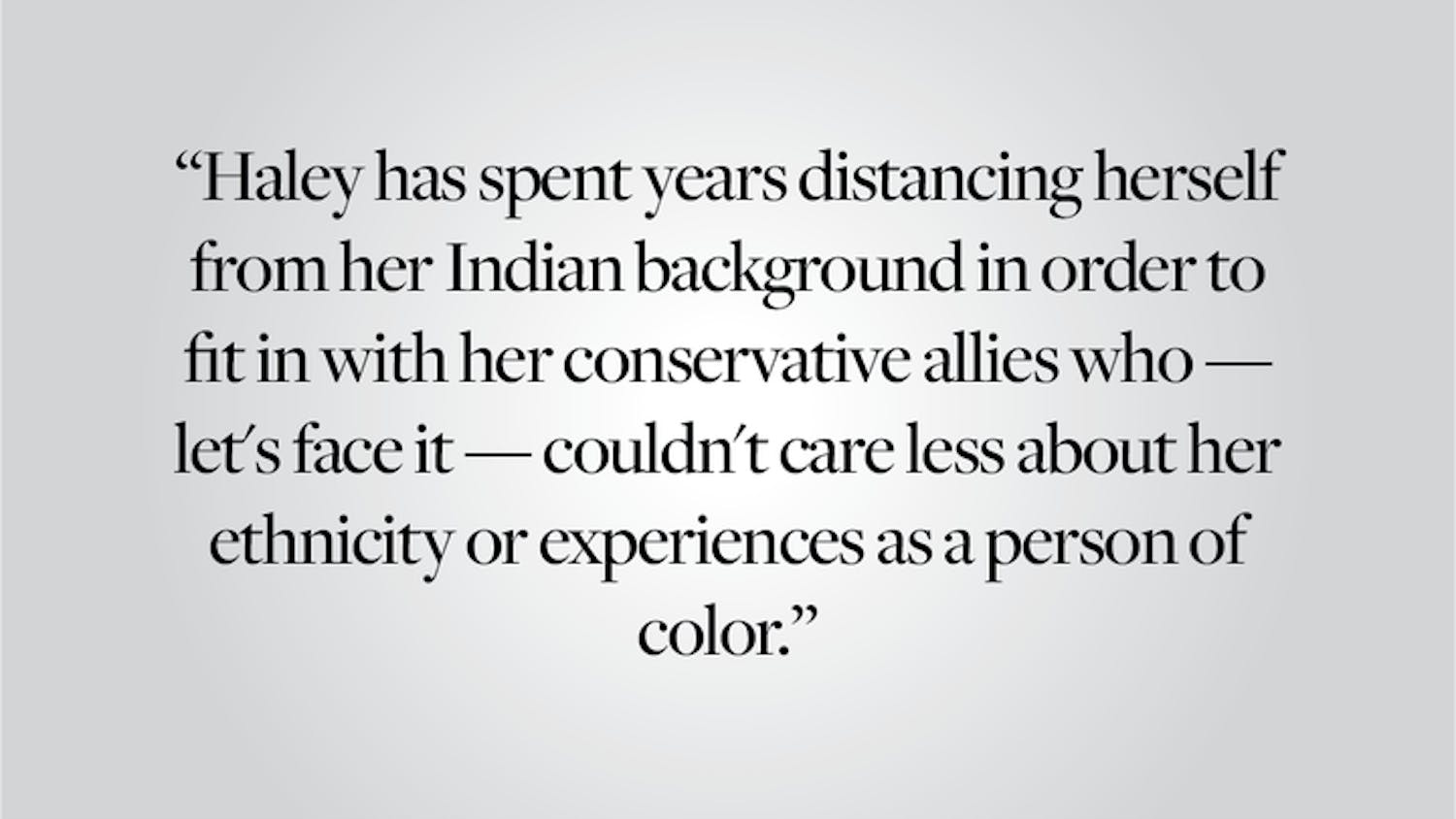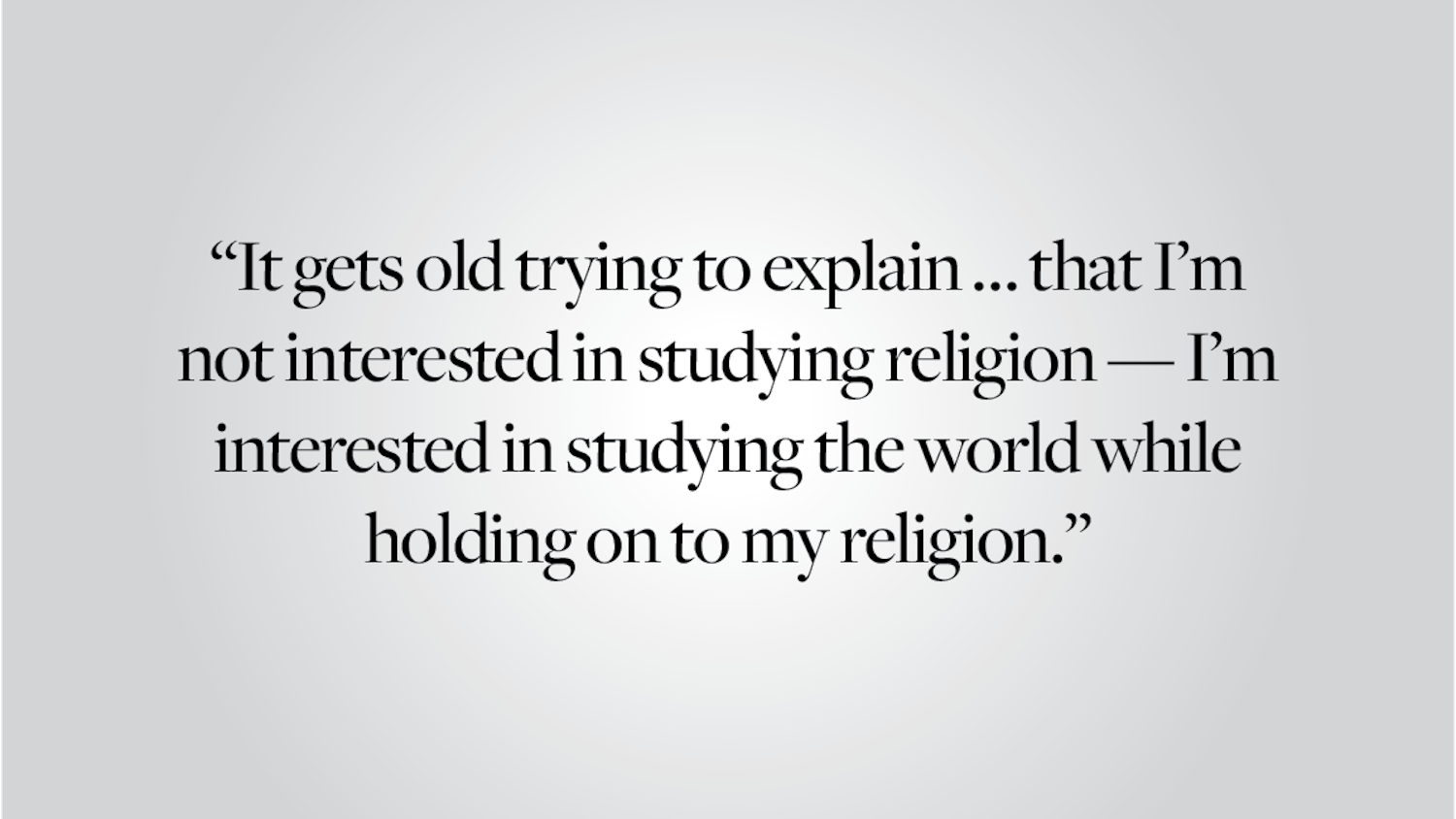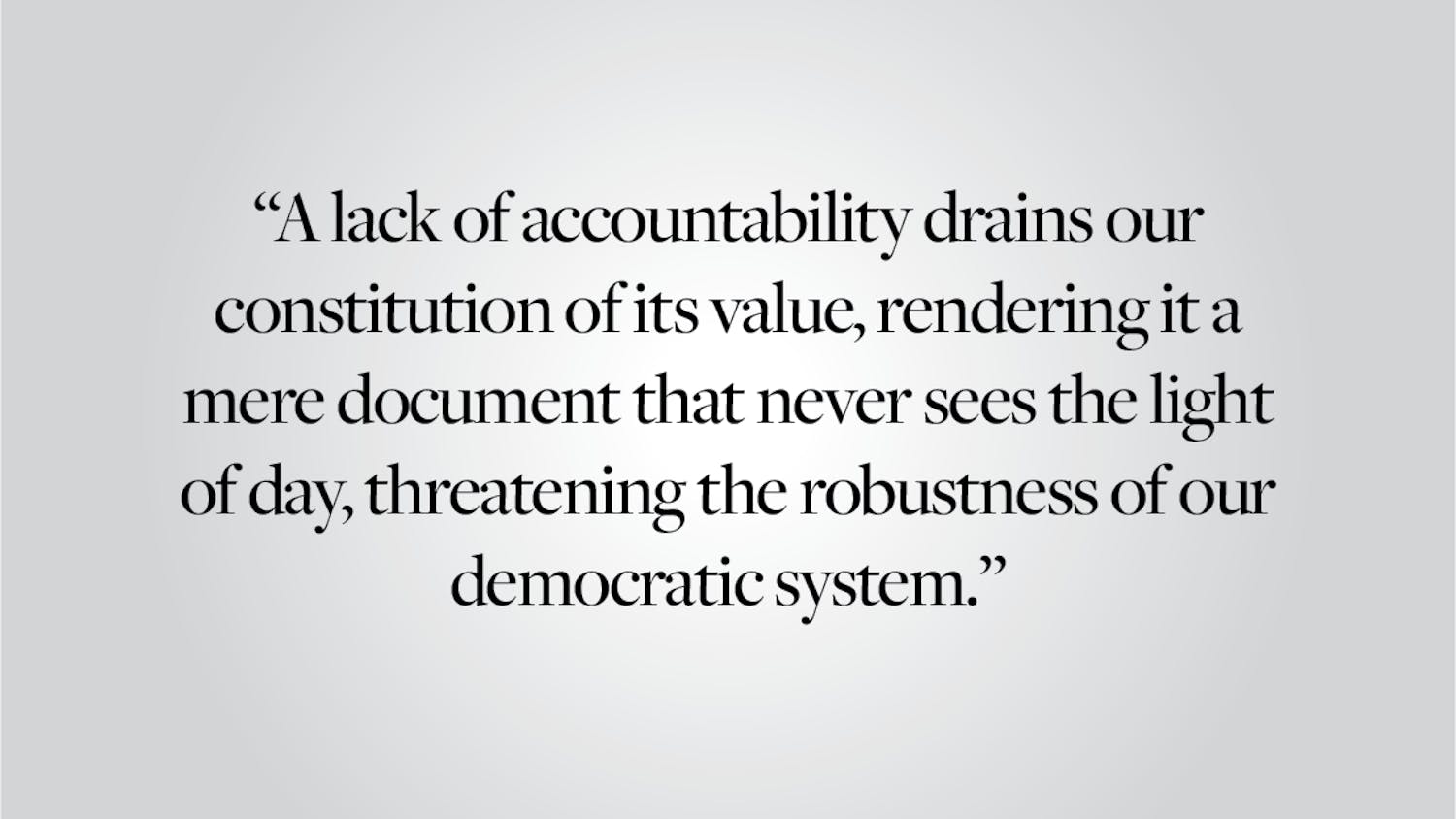Last week, a petition began circulating online that demanded the acclaimed trans activist Janet Mock disassociate her lecture from its sponsors, Moral Voices and Brown/RISD Hillel. Among other accusations, the petition charges Hillel, and by extension, Israel, of “pinkwashing” the Israel-Palestine conflict. For those of you unfamiliar with this term, anti-Israel activists accuse Israel of showcasing its exemplary protection of LGBTQ+ rights as a means of deflecting attention from its conduct in the occupied territories of the West Bank. As a result, anti-Israel activists both on our campus and nationwide frequently boycott and protest events with LGBTQ+-identifying Israeli or Jewish speakers. As a gay, Jewish and Zionist Brown student, I find this pinkwashing argument weak, offensive and obfuscatory.
One reason that the petition likely chose to make this pinkwashing argument is that its authors cannot indict Israel’s treatment of its LGBTQ+ citizens. Same-sex sexual activity was decriminalized in Israel four years before the occupation began in 1967 and was formally legalized 15 years before the U.S. Supreme Court did the same. Gay and trans citizens of Israel have had full rights to serve in the Israeli Defense Forces without hiding their identities since 1993. Israel remains the only country in Asia where same-sex marriage is recognized. Pinkwashing smears are indicative of anti-Israel activists’ pursuit of demonizing Israel in every respect; if a topic can’t be used to critique the Jewish state, it may as well never be discussed.
This pinkwashing argument is also incredibly offensive. Used as a cudgel to eliminate the discussion of LGBTQ+ rights when analyzing the Middle East, it erases gay Jews and Israelis by denying this minority within a minority spaces to explore their intersectional identities. Students who petitioned against Mock demonstrated their belief that Hillel should not be a forum for discussing LGBTQ+ identities or rights in any context because of the spectre of pinkwashing the Arab-Israeli conflict, as Mock’s speaking engagement wasn’t related to Israel or the Middle East in the slightest. These students’ vision of Hillel’s role on campus precludes LGBTQ+ activism in a world where little attention is paid to human rights abuses against LGBTQ+ people in the Arab world both on campus and in the Middle East. How can these activists, many Middle Eastern themselves, dismiss my rights and those of gay Arabs and Jews as a distraction from more important issues when gay people across the Middle East are regularly executed, castrated and tortured? Even if I weren’t Jewish, as an out gay man there is not a country in the Middle East where I would be safe aside from Israel. LGBTQ+ rights may not be of the utmost importance to the predominantly straight activists who are obsessively focused on undermining Israel and Jewish support groups on campus, but they are to the thousands of Palestinian Arabs, Egyptians and Iranians, among others, who have sought asylum in Israel from their bigoted, murderous governments.
My gay, Zionist, Cuban and Jewish identities are neither separate nor divorceable, a fact that Brown/RISD Hillel has recognized and a premise that anti-Israel students reject outright by dismissing any discussion of LGBTQ+ rights within Brown/RISD Hillel. Brown/RISD Hillel has created spaces for Jews of every conceivable identity, including LGBTQ+-identifying Jews, Jews of mixed identity, Jews of color, Zionist Jews, anti-Zionist Jews, conservative Jews, reform Jews, Orthodox Jews, reconstructionist Jews, Humanist Jews and atheist Jews. As a native Hawaiian, black and trans woman, Mock speaks to students like myself who find themselves at the intersection of many identities, whether part of the diverse Hillel community or not.
It is not a coincidence that just as Israel has been the vanguard of codifying LGBTQ+ rights into law, the American Jewish community has been the source of many of the pioneers in the LGBTQ+ community’s fight for recognition and acceptance in the United States, including Emma Goldman, Harvey Milk and Larry Kramer. The Jewish community that raised me, including my temple, family and friends, provided me with the support and acceptance that allowed me to come out of the closet confidently at a young age. My first trip to Israel at the age of 14 demonstrated to me that, beyond the West Los Angeles bubble of tolerance I was fortunate to be born into, there were places I would feel safe and have a sense of belonging.
In response to anti-Israel student pressure, Mock decided to cancel her appearance at Brown. This is not just a loss for Hillel but also for the entire student body that will not have the privilege of hearing Mock speak about her life and advocacy for trans people of color. To those students who took pride in silencing Mock: This event was never about Israel, but rather about providing Mock a space to teach Brown students about her life work. Talking about LGBTQ+ rights in Israel and the Arab world does not dismiss discussion of Palestinian rights. A woman who speaks to many issues that are important to LGBTQ+ and African-American Brown students was silenced and shunned because a select few have blind animosity towards Israel, and inexplicably and by extension, Brown/RISD Hillel, which provides a safe space and varied programming for the large and diverse community of Jews on our campus. Mock, Brown students and LGBTQ+ activists deserve better.
Adam Bennett ’16 is president of Brown Students for Israel and can be reached at adam_bennett@brown.edu. Please send responses to this opinion to letters@browndailyherald.com and other op-eds to opinions@browndailyherald.com.




